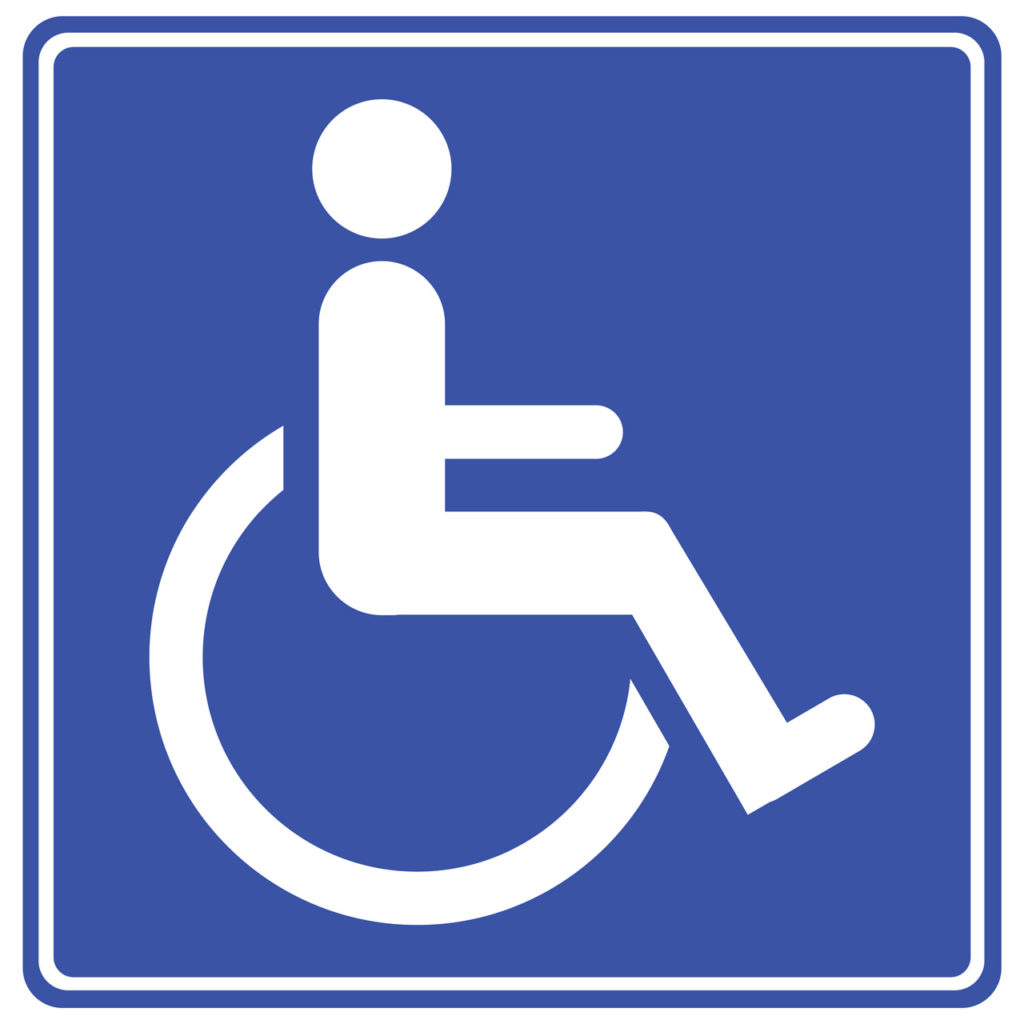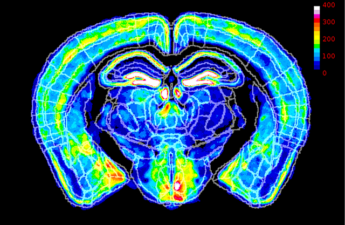By Elaine S. Povich & Tim Henderson, Stateline

Disability rights groups in Washington have filed a complaint against the state and its hospitals, charging that a health care rationing strategy they are considering “places the lives of disabled people at serious risk.”
Disability Rights Washington and other groups representing people with disabilities filed the complaint with the Office for Civil Rights of the U.S. Department of Health and Human Services.
They are asking HHS to intervene to ensure that hospitals and medical providers don’t discriminate against disabled people when making choices about who gets life-saving treatment.
The complaint is directed at an ongoing effort by health officials and hospitals in Washington, the first state to be hard hit by COVID-19, to devise strategies for determining who gets life-saving treatments if, as hospital and public officials have warned, hospitals become overwhelmed.
The groups charge that the criteria Washington authorities are considering would give priority to younger and healthier patients over those who are older, sicker or disabled.
They note that state health authorities distributed guidance to hospitals last week that recommends that triage units consider transferring patients with “loss of reserves in energy, physical ability, cognition and general health” to outpatient or palliative care facilities to make way for others.
Washington state may be the first to face a challenge over how it might ration health care, but Nancy Berlinger, research scholar at the Hastings Center, a bioethics research institute in New York, said it’s a subject hospitals and public officials everywhere are urgently addressing as the likelihood of shortages of medical providers, equipment and treatments looms in the face of the coronavirus outbreak.
Disability Rights Washington and the other groups caution that medical providers may consider disabled people as having a lower quality of life because of their disabilities, and use that assumption to justify “denying, withdrawing, or giving lower priority for treatment with scarce medical resources.”
They also expressed concerns that doctors will assume that an underlying condition, such as cystic fibrosis, lessens the chances of recovery and on the basis of that condition alone, withhold life-saving treatments.
Stateline, an initiative of The Pew Charitable Trusts.


